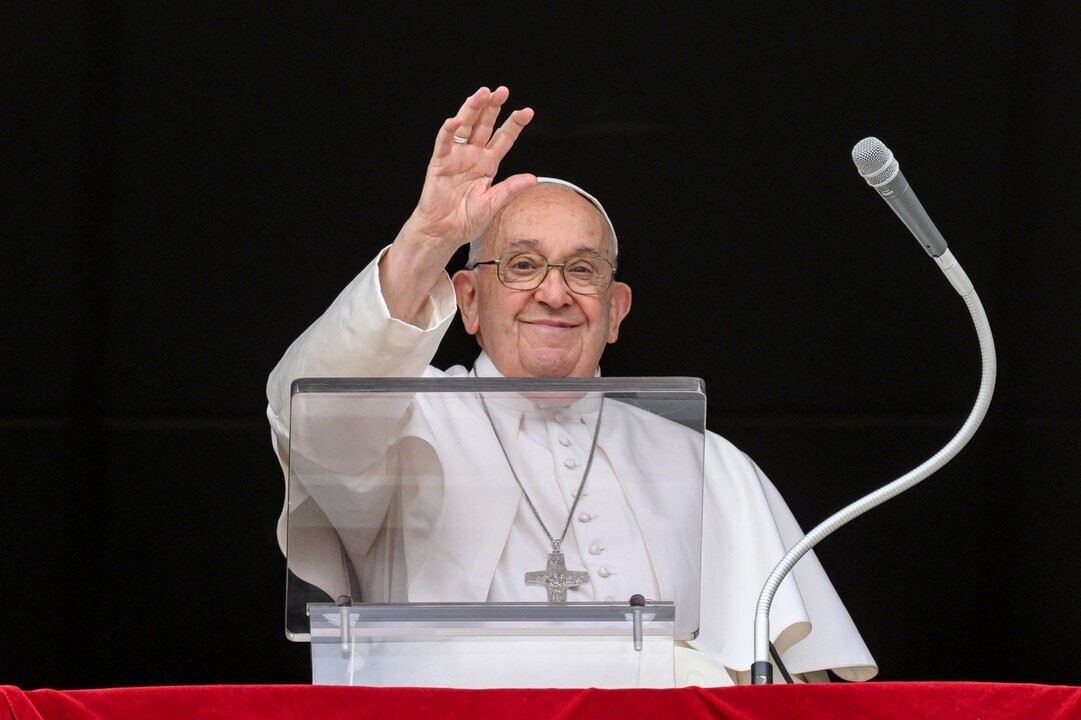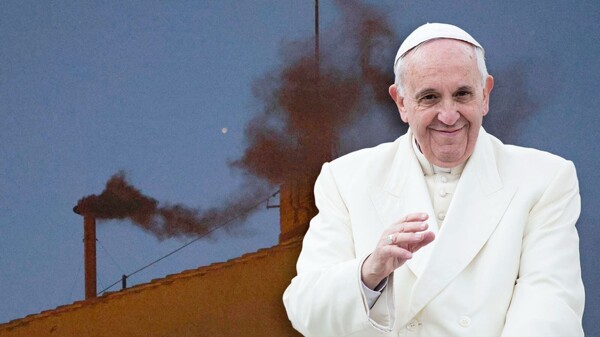
Pope Francis has been diagnosed with thrombocytopenia, a medical condition characterized by an abnormal decrease in the number of platelets in the blood. Platelets are crucial blood cells for coagulation, as they help stop bleeding by forming clots in damaged blood vessels.
The causes of thrombocytopenia can be diverse, such as bone marrow disorders, severe viral infections, nutritional deficiencies, autoimmune diseases, medication side effects, liver or spleen problems, among others.
Symptoms of thrombocytopenia can include spontaneous bruising, frequent nosebleeds, bleeding gums, red spots on the skin, prolonged bleeding after cuts or minor injuries, and in severe cases, internal bleeding that may manifest as blood in urine or stools.
To treat thrombocytopenia, it is necessary to address the underlying cause and the severity of the condition. In some cases, platelet transfusions, corticosteroids, discontinuation of medications that may be affecting platelet production, treatment of the underlying disease, among others, may be required.
In the case of Pope Francis, thrombocytopenia has been associated with anemia, which has led doctors to administer blood transfusions to stabilize his condition. Currently, there is great concern in the Vatican regarding the evolution of his health in the coming hours, as he remains in critical condition. The Holy Father is hospitalized at the Gemelli hospital in Rome, where he is receiving intensive treatment and his prognosis is still uncertain.














